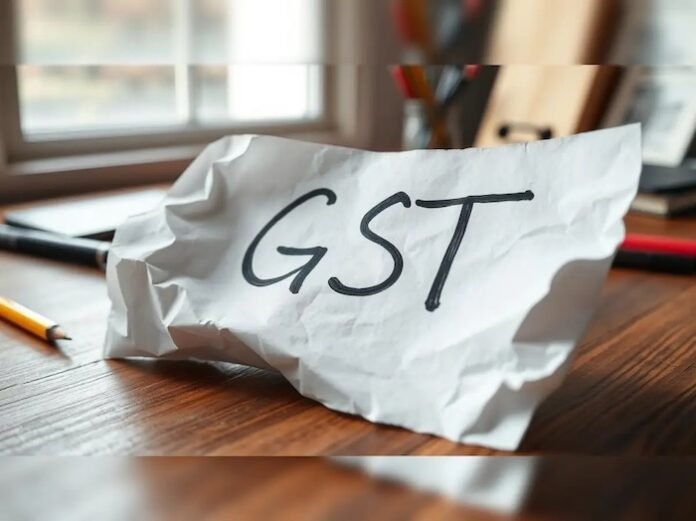
The Indian paper industry has voiced deep concern over the recent increase in goods and services tax (GST) on paper and paperboard from 12% to 18%, calling it a regressive step that undermines the government’s own vision of affordability, literacy promotion and environmental sustainability.
According to the Indian Paper Manufacturers Association (IPMA), the hike will have widespread repercussions across education, packaging, MSMEs and consumers. “Paper is a necessity, not a luxury. It is integral to education, literacy and eco-friendly packaging. We were expecting it to be brought under the 5% slab, but it has been hiked to 18%. This decision will have far-reaching consequences,” said Pawan Agarwal, president, IPMA.
The association pointed out that paper plays a critical role in daily life, from textbooks, exercise books and notebooks to the packaging of essential goods, food items, pharmaceuticals, hygiene products and FMCG. An increase in GST on such a widely used input will create a cost-push across sectors and inevitably raise consumer prices.
Another major concern flagged by the industry is the creation of an inverted duty structure. While the GST on boxes, cartons, sacks and bags made of paper has been reduced from 12% to 5%, the GST on the primary raw material—paper and paperboard—has been raised to 18%. With nearly 90% of kraft and packaging paper used in cartons and boxes, such an inverted duty structure will block significant working capital, especially for micro, small and medium enterprises (MSMEs), which form the backbone of the packaging sector. IPMA estimates that over ₹500 crore of working capital will get locked up, forcing small businesses to grapple with recurring refund compliances and disrupting operations.
The industry further noted that GST exemptions for uncoated paper and paperboard used only in exercise books and notebooks will actually increase costs, as manufacturers will no longer be able to claim input tax credits. This will result in the embedded tax being passed on to the consumer. Similar distortions will impact textbooks and printed books on which GST is exempted but GST on paper has been increased.
IPMA estimates that the cost of notebooks for schoolchildren will go up by 3–5%, while printed books and textbooks may see a rise of over 6%. This, the industry said, runs counter to the government’s literacy initiatives and will add to the financial burden of families.
The GST change also comes at a time when the domestic paper industry is struggling with rising predatory imports being dumped into the country. With IGST on imports of uncoated paper used for manufacturing notebooks and exercise books now reduced to nil, overseas suppliers will enjoy a clear advantage, while Indian manufacturers will be forced to raise prices because of input tax reversals. This imbalance, IPMA warned, will jeopardize both existing and future investments in domestic capacity and run contrary to the government’s flagship initiatives such as ‘Make in India,’ ‘Aatmanirbhar Bharat’ and ‘Swadeshi.’
Urging the government to reconsider, Agarwal said, “The treatment given to the paper industry is in contradiction to the Prime Minister’s vision that only non-essential items would move from 12% to 18%. Paper, which is a basic necessity for education and a green alternative to plastic, has unfortunately been treated as a luxury good. We appeal for an urgent review to safeguard consumers, MSMEs and the long-term health of the Indian paper industry.”
















